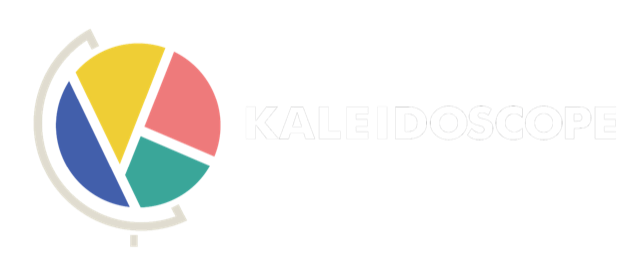By Sarah Dillard
Nantucket, a favored beach spot of the 1%, has a chronic housing shortage for everyone else, especially the workers needed to keep the island clean, fed, and entertained. A friend recently sent me a notice of a new proposed policy on the island: a 0.5% fee on any real estate transaction over $2 million to support low-income housing.
Within a minute of receiving the text from a friend, I’d worked out how much revenue this proposal would generate annually: roughly $8 million. On an island where a one-bedroom shack goes for north of $1 million, this is a drop in the ocean. What this math makes clear is that Nantucket needs zoning reform to allow for more housing construction, not just an $8 million fund for new housing.
““If we taught cooking like we taught math, we’d spend all of our time teaching students about increasingly esoteric tools—kiwi peelers, cherry pitters, & egg slicers—but never actually have them cook a meal. Math today is a drawer crammed full of tools that most will never use.””
There would’ve been many ways of working out the revenue mathematically—I got lucky and found the total transaction volume on Nantucket. But even without it, the math involved is really simple: multiplication. It’s the instinct to use math that most people need to strengthen. Building this instinct makes you a savvier consumer and a more knowledgeable citizen. Instead of math being done to you, you become someone who can harness math for your own purposes and in line with your own values. At Kaleidoscope, we call this quantitative agency, and it’s the number one thing we want our math classes to instill in students.
““Without a solid grounding in the numbers, you’re at the whim of someone else’s narrative.””

